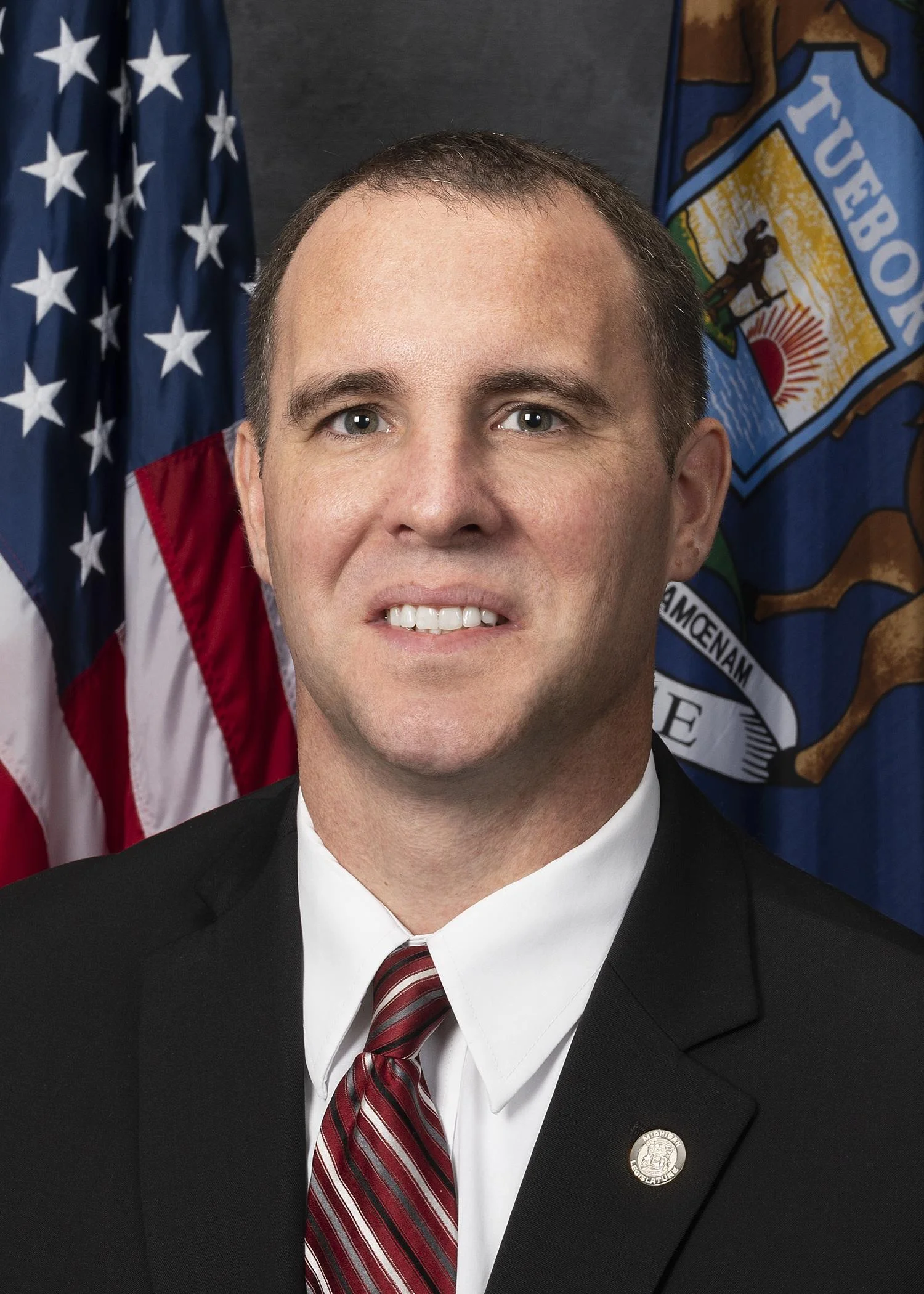Thomas A. Albert | Michigan House Republicans
Thomas A. Albert | Michigan House Republicans
Senator Thomas Albert of Lowell expressed opposition to a state budget proposal put forth by Michigan Senate Democrats, voting against it this week. He criticized the plan for its approach to government spending and its impact on taxpayers.
“This budget proposal promotes the same failed strategies we’ve seen over and over again in the past few years,” said Albert. “It costs taxpayers more money without giving them their money’s worth. It doesn’t critically examine government spending and eliminate waste so we can focus on what Michigan truly needs to thrive. Instead, this budget proposal promotes big government, expanded bureaucracy and centralized planning.”
The senator noted that state government staffing has increased significantly under Democratic leadership in Lansing, with the new budget continuing this trend across several departments. The plan also allows many state employees to work remotely without reducing taxpayer-funded office space.
Albert pointed out specific areas of concern within the Democratic plan, such as a $1 million fund aimed at helping individuals with prior marijuana convictions enter the marijuana business and additional benefits for labor unions. He also mentioned that the attorney general would have the power to withhold local revenue sharing unilaterally.
Republican proposals focusing on eliminating waste or directing resources toward high-need areas like bridge repairs and public safety were rejected by Democrats, according to Albert.
“State budgets for education also fail Michigan taxpayers,” he added. “Gov. Gretchen Whitmer noted in her State of the State address that Michigan invests more per-pupil in K-12 education than most states but remains in the bottom 10 for student achievement. Yet the Senate’s proposal does not even include the governor’s call for more tutoring and intervention in low-performing districts, along with corresponding accountability measures."
Albert emphasized concerns about increased spending not translating into improved educational outcomes for students.
The Senate-approved budget is one step towards finalizing a state budget for the fiscal year starting October 1st. Both legislative chambers must agree on a compromise before presenting it to Governor Gretchen Whitmer for approval.

 Alerts Sign-up
Alerts Sign-up